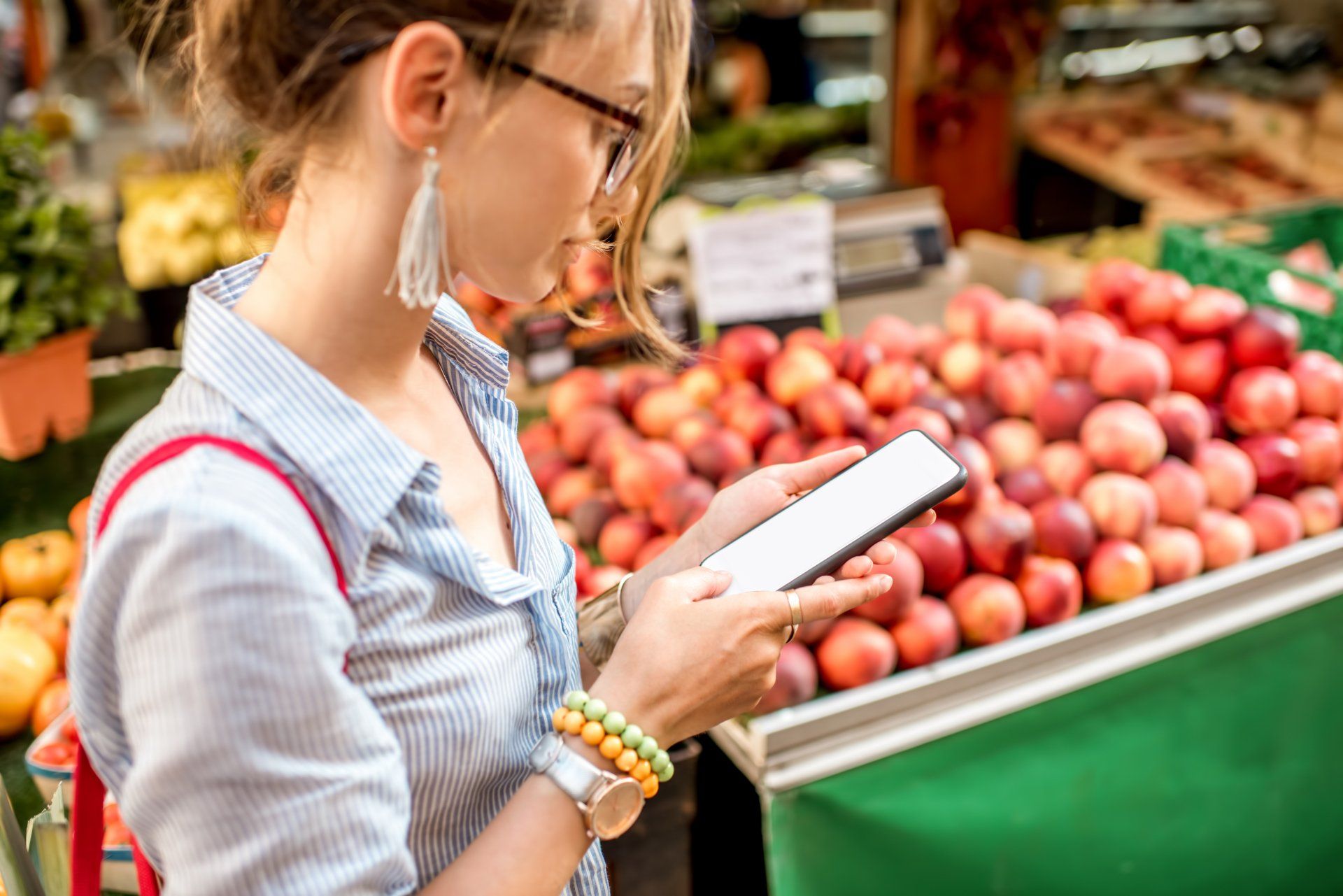The Evolution of E-Commerce
Matt Simpson | 14 January 2021
Industry Insights / The Evolution of E-Commerce
The COVID-19 pandemic has changed consumers’ shopping behaviour last year for good. 2020 was the year that e-commerce purchases extrapolated due to the ongoing changes caused by the global pandemic. In this article we will discuss the differences between those shopping on desktop versus mobile devices, and the changes in consumer preferences. When looking at the grocery industry, how is Morrisons dealing with this change and how did they adapt to current situation? What is the solution to follow and keep up with e-commerce trends in 2021?

Mobile vs Desktop
Smartphones have altered the way we live. The digital era has quickly made them a part of our daily habits. It is easier to get online with a small device from just about anywhere in comparison to the traditional desktop. By September 2020, mobile devices made up over 50% of website traffic around the world. In 2018, 78% of the UK
used smartphones to access the internet. This percentage increased to 84% by 2020. As a result, consumer behaviour towards e-commerce is changing too, shifting towards purchasing items on their mobile devices. Mobile commerce trends are clearly evolving. With currently more than half of all internet traffic shopping from a mobile device, it is paramount to have all e-commerce websites fit for mobile viewing and shopping.
In 2020, 84%
of the UK reported that they used smartphones to access the internet.
Changes of interest for the industry and customers
In the past 20 years, online shopping has gone from being non-existent to becoming an industry worth billions. Online grocery shopping has become the fastest growing market in the UK. With the creation of purchasing groceries from an online platform, home delivery and click and collect, Morrisons
is among the supermarkets whose sales keep positively increasing. During the first lockdown in 2020, online grocery sales increased a staggering 83.2%
with respect to the same month in 2019. Over the Christmas period, online grocery sales accounted for 12.6% of the £11.7bn total spend on groceries
in December. It is statistically more likely that e-commerce customers will be interacting with your website from a smartphone or tablet than a desktop, therefore it is vital to create an appealing and effective shopping experience for customers.
The UK spent £11.7bn on groceries in December.
Morrisons E-Commerce
How has Morrisons addressed the increasing demand for e-commerce? Online deliveries have been available since 2014 and their online services has been evolving ever since. Being prepared and organized is important when adapting to change so the business can thrive. Morrisons has ridden the COVID-19 crisis on a positive note by the vast amount of people who are now working from home. Food shopping online has never been easier via a laptop, mobile or tablet, along with the possibility of importing favourite foods from other supermarkets. In addition, the shopping app is a simple way to sign in and order groceries. However, the app
only accepts a number of shoppers at a time to support current demand. To compensate, the retailer offers five mediums
for home deliveries of its product, from home delivery and food boxes for vulnerable customers, to collection at supermarket, as well as selling via Deliveroo and Amazon, Morrisons has made their e-commerce a priority. Customers are consistently leaving excellent reviews, praising the websites speed, citing it user friendly, efficient and easy to navigate.
To Wrap Up
During 2020, the pandemic shaped the grocery industry for good. E-commerce is ever evolving with the current demand and does not show any signs of slowing down. With consumers increasingly using their mobile devices to purchase online rather than using their desktop computer, mobile-optimised e-commerce is needed to succeed as a business. Apps are more popular than ever; this year we will see more mobile shopping apps in e-commerce, and other ways of shopping online will continuously be improved for consumer satisfaction and efficient sales. Morrisons is a clear example of how retailers can continuously evolve with how consumer preferences have changed and meet their demands. 2021 will be an exciting year for retailers, the e-commerce industry, and its consumers.
Want to be a part of the continuously growing world of e-commerce on Morrisons.com? Request a proposal
or email us at hello@morrisonsmedia.com.


